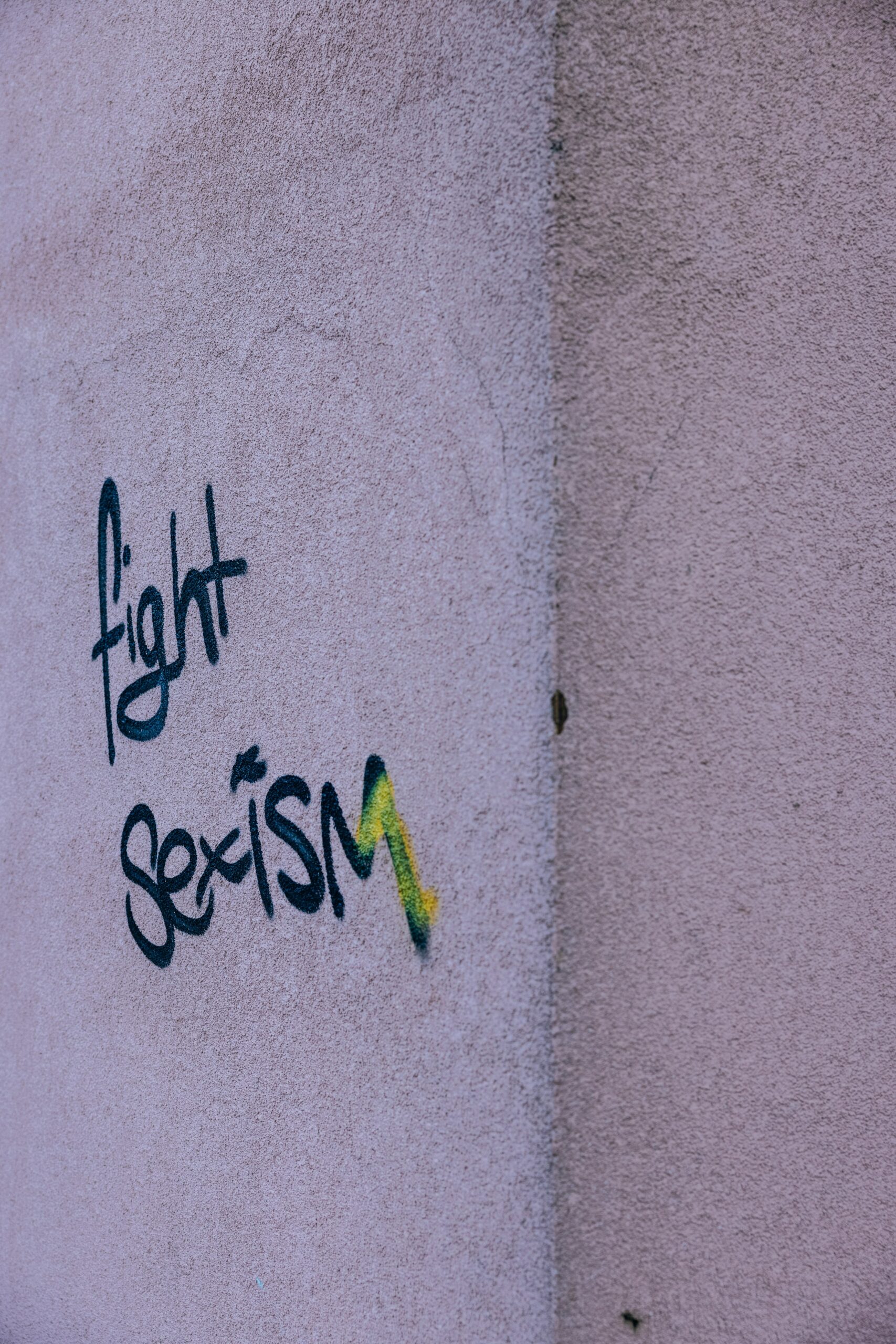Sexism, a deeply ingrained and pervasive issue, continues to cast its shadow over societies worldwide. From the workplace to educational institutions and beyond, the impact of sexism is felt by individuals of all genders. This blog aims to discuss the multifaceted dimensions of sexism, examining its manifestations in America and globally through the lens of social justice, equity, diversity, and inclusion (JEDI). By exploring real-life examples, backed by statistics and specifics, we strive to bring awareness to the ongoing challenges and encourage dialogue for meaningful change.
Defining JEDI and Its Relevance
Social justice, equity, diversity, and inclusion (JEDI) are key pillars in addressing societal disparities. JEDI emphasizes the importance of recognizing and valuing the differences among individuals while ensuring fair treatment and opportunities for all. Sexism, a critical aspect of inequity, plays a significant role in hindering progress towards a more inclusive and just society.
Workplace Inequities
In the corporate world, women often face a multitude of challenges, from the gender pay gap to limited representation in leadership roles. According to a report by the World Economic Forum in 2023, it will take an estimated 131 years to close the economic gender gap globally if progress continues at the current rate. Real-life examples, such as the unequal pay controversy at the U.S. Women’s National Soccer Team, highlight the stark disparities that persist despite advancements.
Educational Challenges
Sexism extends its reach into educational institutions, affecting the experiences of students and educators alike. Research shows that women in STEM (Science, Technology, Engineering, and Mathematics) fields face discriminatory practices, limiting their opportunities for growth. This perpetuates the gender disparity in these industries, hindering innovation and progress.
Global Perspectives
Sexism is not confined to a specific region; it is a global issue that manifests in various forms. In some countries, deeply rooted cultural norms perpetuate discriminatory practices against women, limiting their access to education, healthcare, and employment.
Intersectionality
An inclusive examination of sexism requires consideration of intersectionality, acknowledging the compounding effects of discrimination based on factors such as race, sexual orientation, and socioeconomic status. For example, women of color may face unique challenges that differ from those experienced by their white counterparts.
Addressing Sexism: The Role of JEDI Initiatives
Organizations and institutions play a crucial role in addressing and dismantling sexist practices. Implementing robust JEDI initiatives is essential for fostering an environment where everyone, regardless of gender, is valued and empowered. These initiatives need to include targeted training programs, mentorship opportunities, and policies that promote equitable opportunities and fair treatment.
Sexism remains a deeply entrenched issue with far-reaching consequences, affecting individuals on a personal and societal level. By examining real-life examples, backed by statistics and specifics, this blog seeks to shed light on the urgency of addressing sexism through the lens of social justice, equity, diversity, and inclusion. The path to a more equitable society requires collective efforts, commitment, and an unwavering dedication to dismantling the barriers that perpetuate sexism globally.
If you’d like to discuss sexism in your environment or organization, we invite you to book a call with us to explore potential strategies for fostering a more inclusive and equitable space.



